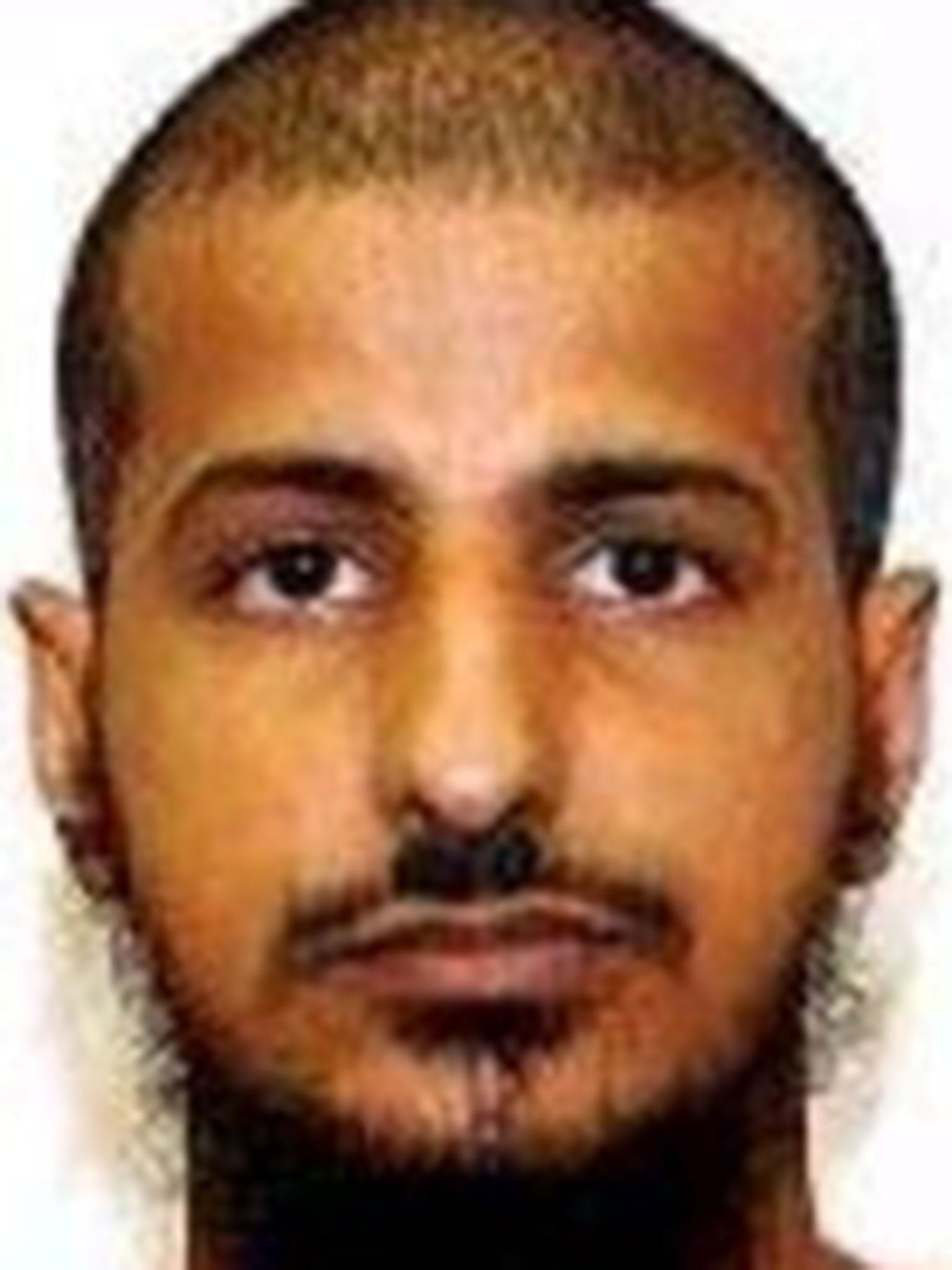Nine Guantanamo Bay prisoners released to Saudi Arabia
The men are expected to take part in a rehabilitation program for former jihadis

Your support helps us to tell the story
From reproductive rights to climate change to Big Tech, The Independent is on the ground when the story is developing. Whether it's investigating the financials of Elon Musk's pro-Trump PAC or producing our latest documentary, 'The A Word', which shines a light on the American women fighting for reproductive rights, we know how important it is to parse out the facts from the messaging.
At such a critical moment in US history, we need reporters on the ground. Your donation allows us to keep sending journalists to speak to both sides of the story.
The Independent is trusted by Americans across the entire political spectrum. And unlike many other quality news outlets, we choose not to lock Americans out of our reporting and analysis with paywalls. We believe quality journalism should be available to everyone, paid for by those who can afford it.
Your support makes all the difference.Nine Yemeni men have been released from the US military prison at Guantanamo and sent to Saudi Arabia for resettlement.
The men all have family ties in Saudi Arabia and are expected to take part in a rehabilitation program for former jihadis.
They could not be sent to their homeland because US officials feared instability there would enable them to resume the militant activities that landed them at Guantanamo Bay.
Yemen is currently engulfed in a civil war and has an active al-Qaeda insurgency.

One of the prisoners, Tariq Ba Odah, was a frequent hunger striker whose weight dropped as low as 74 pounds (34 kilograms) at one point.
"The United States is grateful to the government of the Kingdom of Saudi Arabia for its humanitarian gesture and willingness to support ongoing US efforts to close the Guantanamo Bay detention facility," the Pentagon said.
The release represents the largest group of prisoners released as part of President Barack Obama's plan to shut the controversial detention centre before he leaves office in January 2017.
It brings the prisoner population at the military prison to 80, including 26 cleared men expected to leave by the end of the summer.
Of the remaining population, 22 are expected to be transferred to maximum security prisons in the US, because they are considered too dangerous to release.
Most have been held without charge or trial for more than a decade, drawing criticism from human rights campaigners.
Additional reporting by agencies
Join our commenting forum
Join thought-provoking conversations, follow other Independent readers and see their replies
Comments